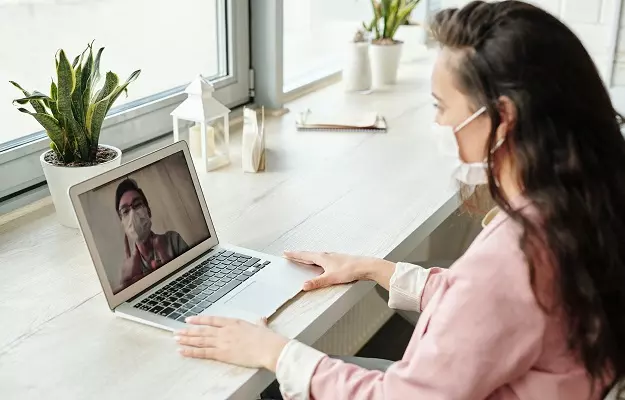As the number of cases is increasing globally on a daily basis, all the preventive measures are being taken to contain the infection. With the help of all the possible supportive care, doctors have been able to treat lakhs of patients throughout the world, including those who were admitted in the Intensive Care Unit (ICU) for COVID-19. However, the recovery time increases for the COVID-19 patients, especially for those who have been on a ventilator as the rule is that the sicker you are, the longer it will take to recover. (Read more: Risk of intubation and ventilators for COVID-19 patients)
Various patients needed assistance getting enough oxygen, even after coming off the ventilator. The assistance could be given at home through a mask or a continuous positive airway pressure ventilator (Cpap).
If the patient has returned from intensive care, he or she may take a long time to recover from it physically and mentally. Patients may require assistance in sitting, standing or even lifting their arms off the bed. Sometimes the patient may need physical therapy to walk again, breathe comfortably again or even speaking and swallowing.
Here in this article, we will talk about the ways in which you can take care of a COVID-19 patient at home after they have been discharged from the hospital.




























